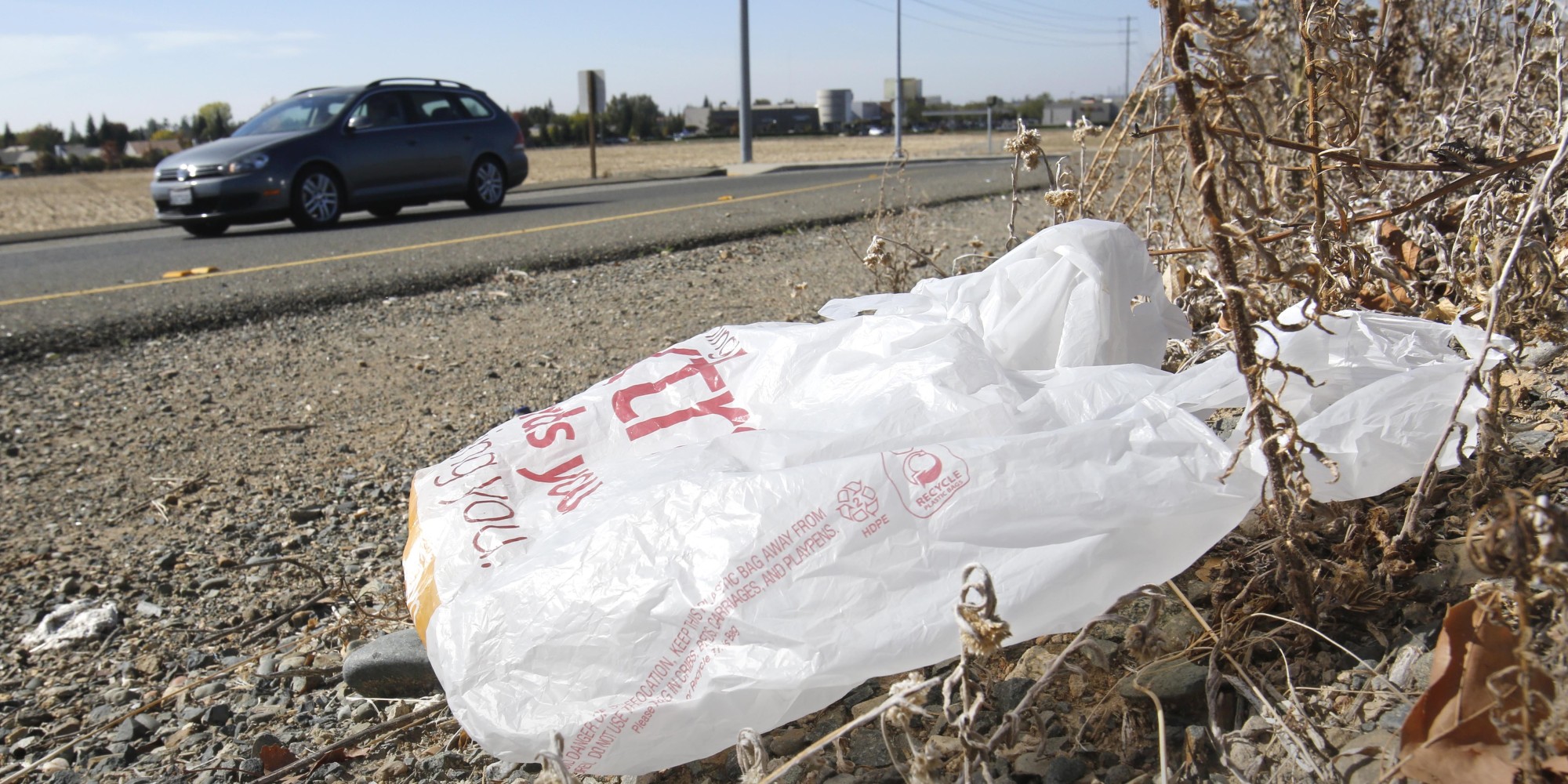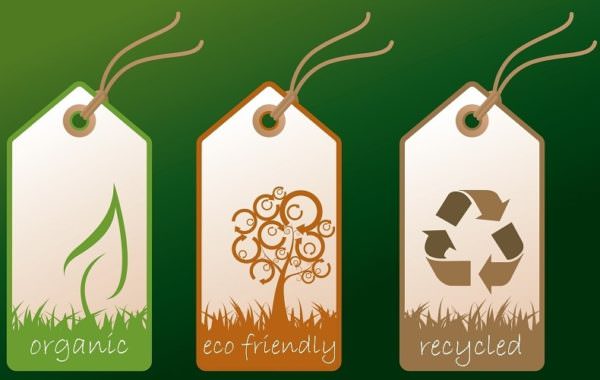If you think that the option of starting a business that’s environmentally-conscious is limited to those who live for the outdoors or make solar-powered cars, think again. Just about any business can be made into a “green” business—all it takes is using the right products or outlook. Here are six great business ideas that add an environmental twist that can make a big difference for both your business and the planet.
1. Green construction
Instead of sourcing building supplies from your average retailer, you can build with recycled materials, such as recycled carpet, recycled tires or airplane windshields for flooring and tile, and low- or no-VOC paint.

2. Green cleaning service
Many everyday cleaning products contain harmful chemicals that are not good for the environment (or people). Using cleaning products that don’t have unnecessary toxic chemicals goes a long way for everyone’s health—and sometimes, it’s as simple as swapping in baking soda and vinegar instead.

3. Sustainable bags
If you own any type of business that utilizes plastic bags for customers, you can offer customers a 10¢ discount if they either use their own bags or no bags at all. Alternatively, you can let them decide to take the discount or donate those 10¢ to an environmental charity (or non-environmental charity—the reduction in bag use will still benefit the environment)!

4. Organic and non-GMO foods
If you own (or want to start) a business in the food industry, it’s always important to figure out where to source your foods. Using foods that are organic and/or non-GMO means that they most likely weren’t subject to huge amounts of herbicides and synthetic pesticides that stay on our foods and leach into our water, contributing to the development of “super weeds” that are increasingly harder and harder to contain.

5. Sustainable clothing
While not something that many people think about, the (lack of) sustainability in the clothing industry is, upon closer inspection, quite startling. Most clothing is either made from cotton, the one of the most pesticide-intensive plants in the world, or some sort of synthetic blend, which is derived from petrochemicals. However, using fabric derived from eco-friendly alternatives such as organic cotton, bamboo, and even recycled plastic, are all great (and increasingly popular) choices.

